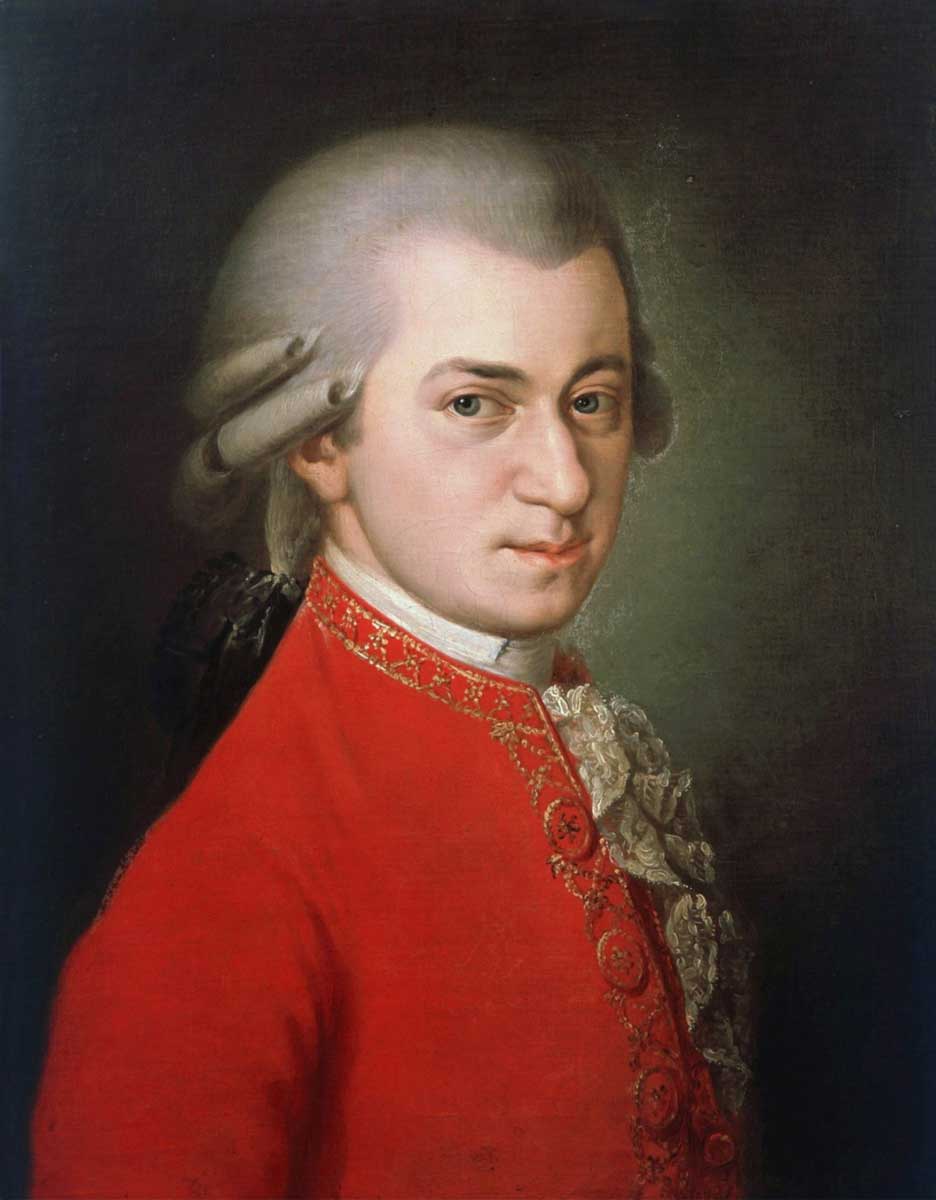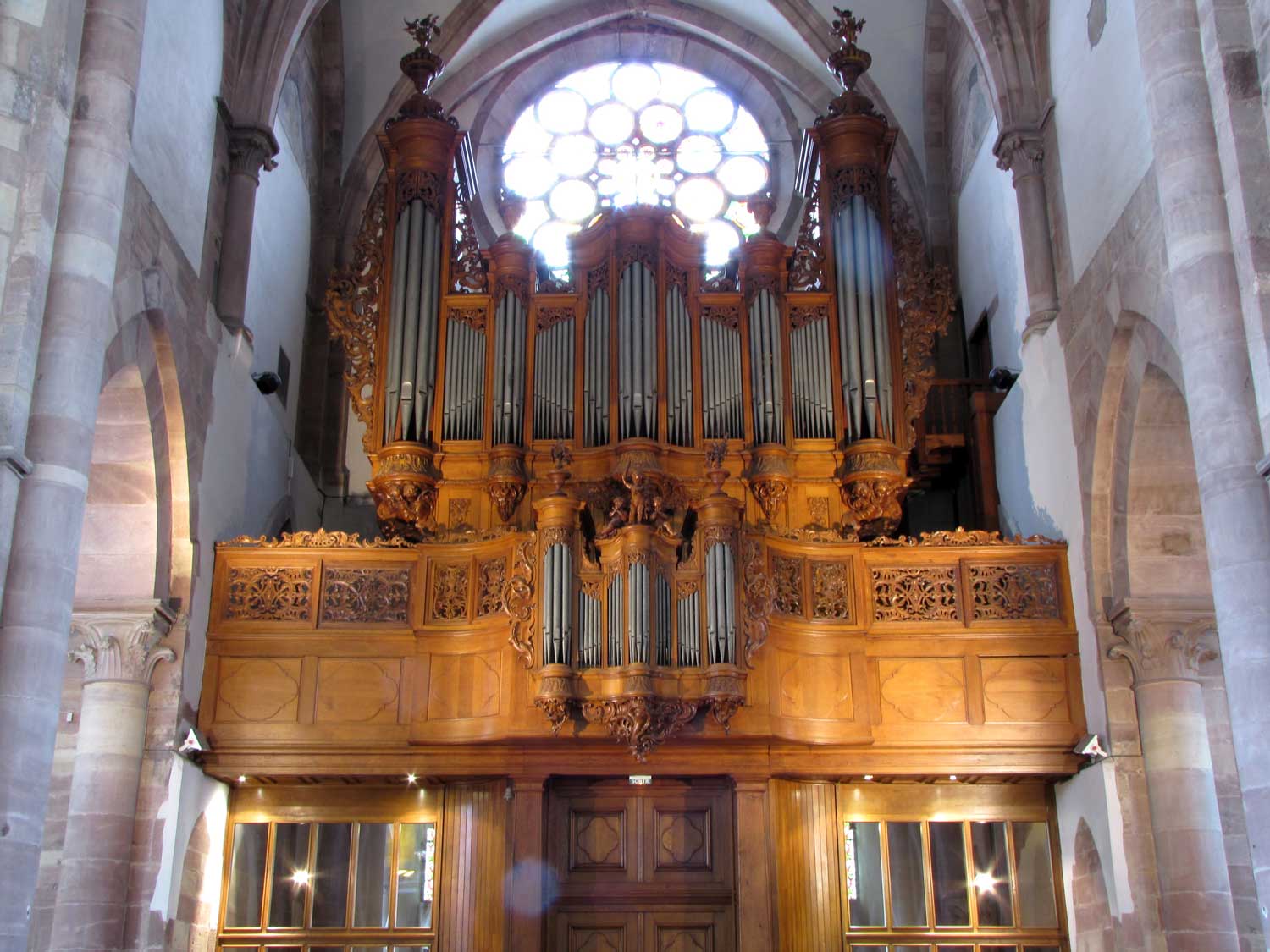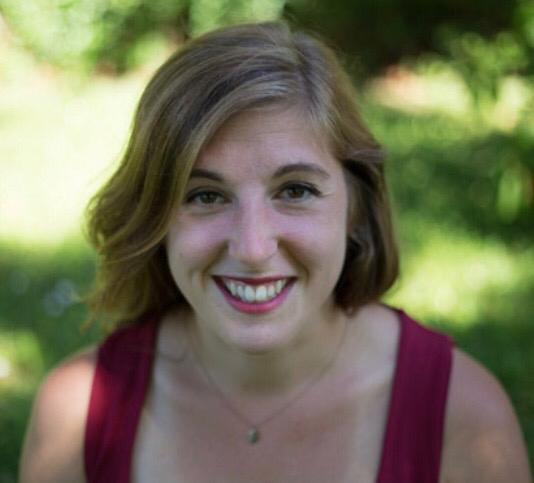The Musicians in Strasbourg
July 2nd 2020, by Elise
As the musician of the team, it seemed important for me to bring my own contribution to the topic. Of course, we speak about architecture a lot in our articles and during our tours (that’s the point of a guided tour, isn’t it?) But what about art?
If you have already read some of this blog, then you know Strasbourg is a strategic city, mostly thanks to its location. It is a crossroads of routes, especially for goods, and it will be the same for musicians because it will become an important stop between two capitals, Vienna and Paris.
Although his visit is nothing more than an anecdote, let us start with Mozart, for today still, incredible as it may sound, everyone knows his name.
He makes a stop in Strasbourg on his way back from Paris in 1778, then aged 21.
A lettre written to his father has been found where he does not mention Strasbourg much, he says only “in here is everything really poor”. However, he will have the honor to play on a Silbermann organ in the Saint Thomas church (such organs are part of the UNESCO’s World Heritage and said to be among the best ones in Europe).
He will give several concerts but never attract any large crowd, yet he always delays his departure. Even though we understand in his letters that Strasbourg did not bring him monetary wealth, we learn in there that he may have stayed (and willingly so) had the job of Kapellmeister been offered to him.
“Had the Cardinal died (he was very sick when I arrived), I would have gotten a good position because Mr Richter is 78 years old”. Too bad for the city.
Franz Liszt, on the other hand, was much inspired by our beautiful city. He came here four times and our sweet Cathedral inspired his 1874 composition : “The Bells of Strasbourg’s cathedral”.
In 1885, a great vocal concert is organized in his honor in the Aubette hall. The program includes the famous “Pax vobiscum” for male voice. The concert takes a festive turn and the press will make sure to tell about Liszt’s first visit in Strasbourg, when he was very young and played in the Joséphine pavilion. He had already been called a prodigy at the time.
We cannot ignore Ignaz Pleyel either. Some of you may have heard of the Pleyel hall in Paris. There is also a Pleyel room in Strasbourg’s opera.
Pleyel became the Cathedral’s assistant Kapellmeister in 1784. His reputation is then already made and his praises were sung by Mozart himself. He is a Freemason (the same as Mozart and Haydn) and so is a Strasburger named Jean-Jacques Gaybler, a member of the Candor lodge. There is no coincidence.
Pleyel composes most of his works in Strasbourg, gets to be very well known across Europe and becomes a major figure that cannot be missed.
To almost conclude on this chapter, we must mention a famous Jean-Jacques – not Goldman, a French renowned singer, but Rousseau. For many novices, Rousseau is juste a mere philosopher. But that’s not all: he is indeed a writer and a philosopher, but also a musician.
Following the publication in 1762 of his “Emile” and “The Profession of Faith of the Savoyard Vicar”, he is sentenced by the Swiss Parliament. He flees and takes shelter in Bienne, on the Saint Peter island. He arrives in Strasbourg on November 2, 1765. He thought he would be badly welcomed here, yet it is quite the contrary that happens. Rousseau attends the repetitions of his opera “Le devin du village” (The Village Soothsayer) and is pleasantly surprised. He remains here for a while before going to Paris. He leaves Strasbourg around December 9, 1770.
This is but an overview on the topic of musicians in Strasbourg. To be continued!



